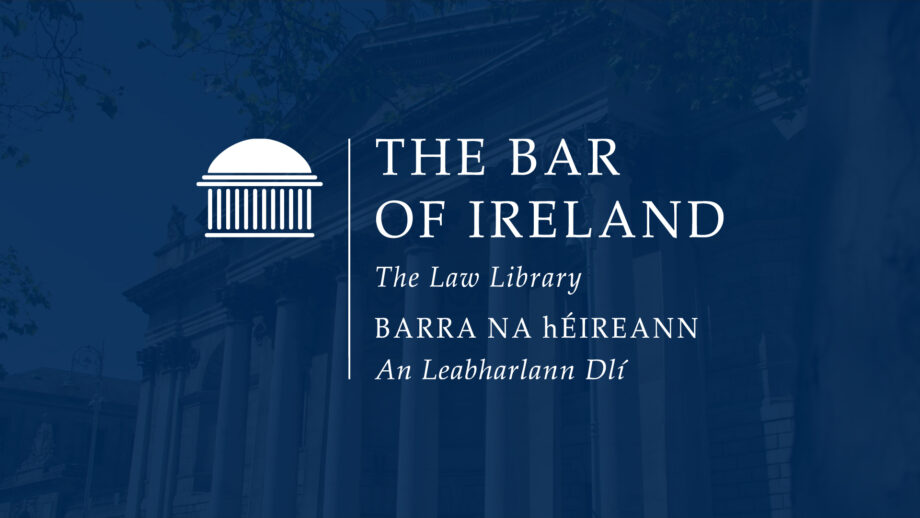Statement from the Council of The Bar of Ireland
It is the duty of barristers to be independent and free from any influence, especially such as may arise from their personal interests or external pressure, in the discharge of their professional duties as barristers.
Barristers cannot discriminate in favour of or against any person availing, or seeking to avail, of the services of the barrister on the grounds of race, colour, sex, sexual orientation, language, politics, religion, nationality, national or social origin, national minority, birth or other status.
It is also the duty of barristers to accept instructions in any case in their area of practice. As a result, barristers should not be identified with their clients or their clients’ causes or suffer adverse consequences as a result of being so identified. This fundamental principle arises from the Code of Conduct of The Bar of Ireland and is recognised in the United Nations Basic Principles on the Role of Lawyers and in the Council of Europe Convention for the Protection of the Profession of Lawyer.
The duty of barristers to accept instructions, sometimes referred to as the “cab-rank rule”, ensures that everyone is entitled to access to justice and is central to trust in the Irish legal system and the rule of law.
